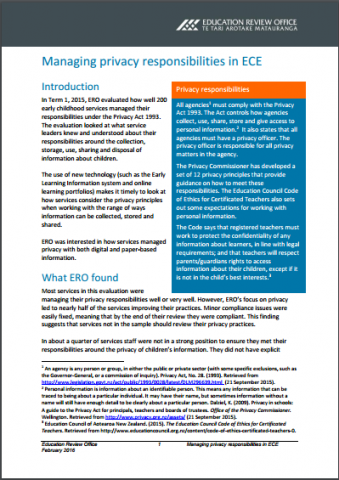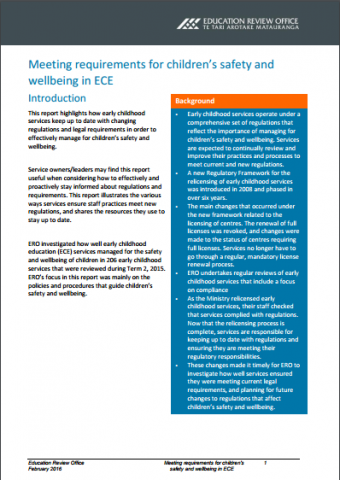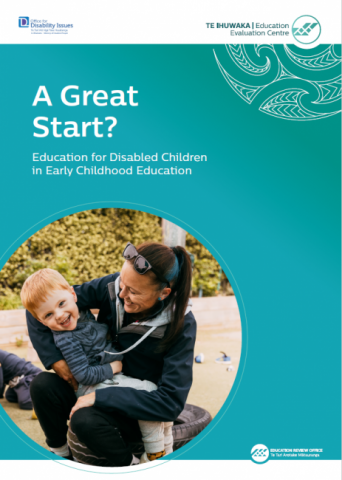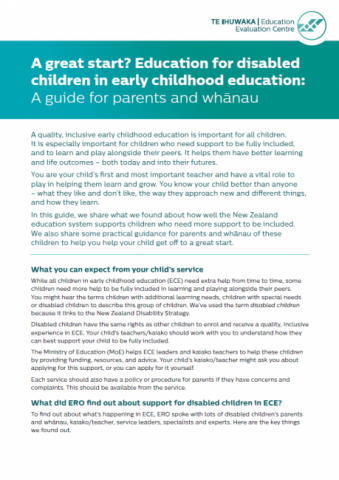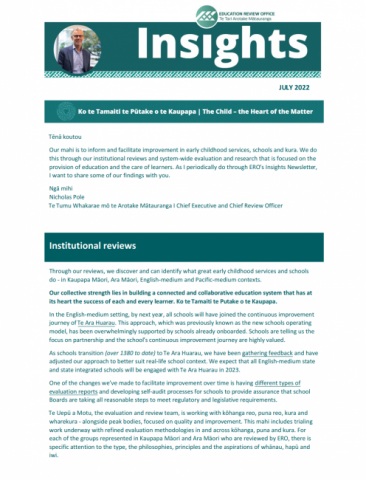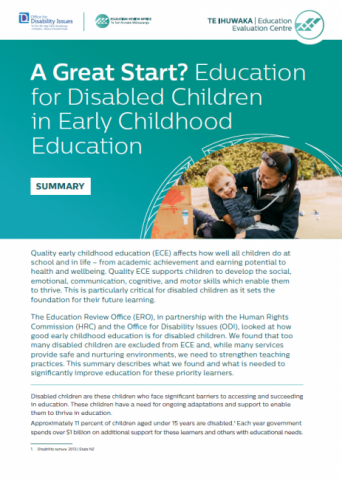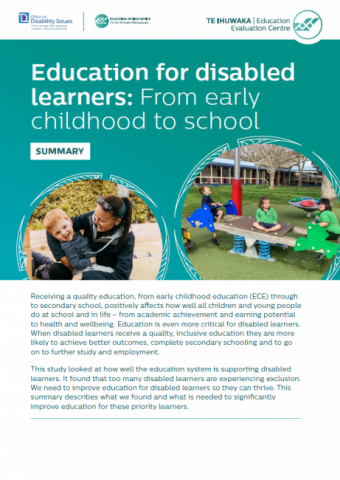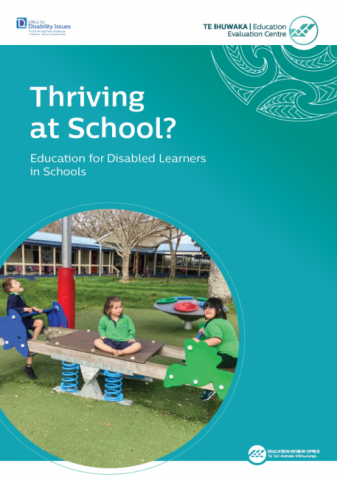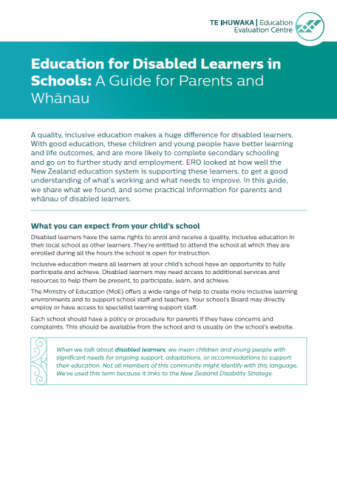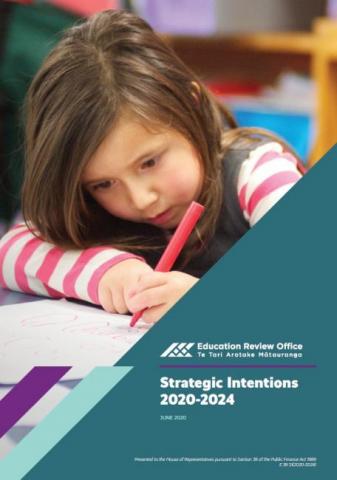The COVID-19 Story of Te Aho Matua Kura
Published: 01 Dec 2021
In the days preceding 26 March 2020, kura needed to rapidly respond to and prepare for a move to distance teaching and learning. We had been informed that at midnight 25th March 2020 the entire country would go into COVID-19 Alert Level four Lockdown. There was uncertainty about how long the situation would continue.
- Audience:
- Māori-medium
- Parents
- Schools
- Content type:
- Research
